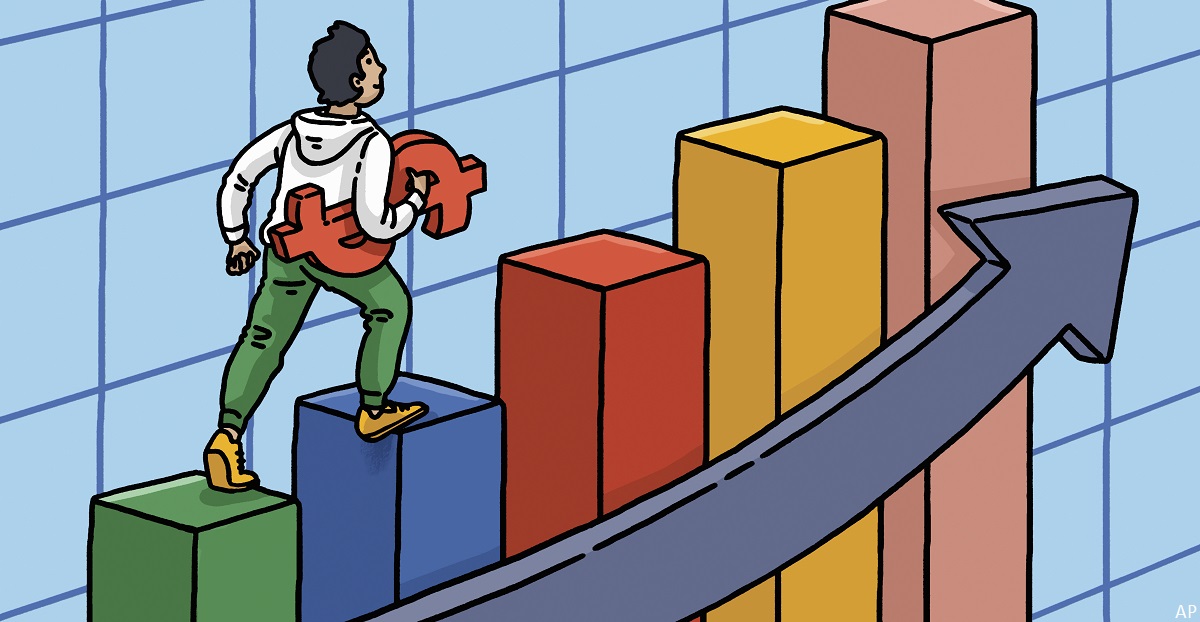
When the lockdown seemed inevitable, the psychological effects of scarcity drove people to stockpile and hoard.
As it progressed, there were evident changes in the behaviour of consumers. Purely from conversations with people I know; here are some observations. A reduction in consumption of junk food, getting comfortable with buying fruits online, a big drop in takeaway food, watching much more of Netflix, and an uptick in consumption of alcohol (you know, have a drink every evening).
Personally, I found that a visit to 7-11 was no longer a mindless task. I had to don a face mask, wait in a long line, use the sanitizer before I entered, be very focused on what I was going to shop for, and try and dodge others in the store.
Which leads me to ask: How many of these new trends and habits will stay with us once restrictions start to lift?
The managers of the Invesco Global Consumer Trends, Ido Cohen and Juan Hartsfield, argue there is no going back to the old ways of working and consuming. Social distancing has changed everything, from how we communicate to how we shop, and this will “drive long term behavioural shifts that will not revert back to prior routines”.
Jack Neele, manager of Robeco Global Consumer Trends, expects consumer habits picked up during lockdown such as online meal delivery to continue even as restaurants re-open. People are trying online takeaways for the first time and may be converted into loyal customers even if restaurants re-open this year, he argues, particularly as dining under social distancing guidelines may not appeal. But Invesco's managers point out that those restaurants that do re-open will find themselves in a stronger position post-lockdown as many of their competitors won't survive.
Siddharth Bothra, asset manager at Motilal Oswal AMC, believes that the current crisis is “likely to lead to many lifelong changes in consumer attitude and behaviour. Some of these trends are - i) heightened sanitary usage and compliance, ii) more virtual experiences and exchanges and iii) move towards local products and goods.” On the last point, Neele thinks this trend will continue, favouring smaller firms. Invesco’s Cohen and Hartsfield agree and are interested in companies that cater to local consumers such as restaurants, and “expect consumers will be willing to return to their local establishments to some degree fairly soon.” While purchases are currently centered on the most basic needs, people are learning to shop more consciously, buy local, live with less, and embrace digital commerce.
Neele also notes that in the current economic scenario, not only will people have less disposable income, they will be reluctant to flaunt their wealth. With so many people at home, the opportunities to show off branded clothes, shoes or jewellery are diminished; after all luxury items are an essential part of expressing style and status.
While the path of the pandemic and an easing of restrictions on daily life are uncertain, it is difficult to make predictions about how consumer behaviour will change.
Trend Acceleration
The lockdown may only have served to accelerate key trends that were already developing: the rise of contactless payments, online deliveries, computer games and streaming services, for example. These will build up further momentum this year and beyond.
Tourism and airlines are going through an existential crisis. Until a vaccine is developed, people will be reluctant to travel. Out-of-home entertainment shall also take a while to recover.
Let me end with the view of Steve Wendel, head of behavioural science at Morningstar. Habits are hardwired in the brain and remarkably resilient. We just don’t know if new habits being formed now are actually going to last. It will depend on whether the post-pandemic physical environment is the same as the current – the same cues, etc. Probably not. But it likely won’t look like pre-pandemic either.
Passionate about investing in new ideas?
Explore the latest Global Thematic Fund Landscape report here










.png)









